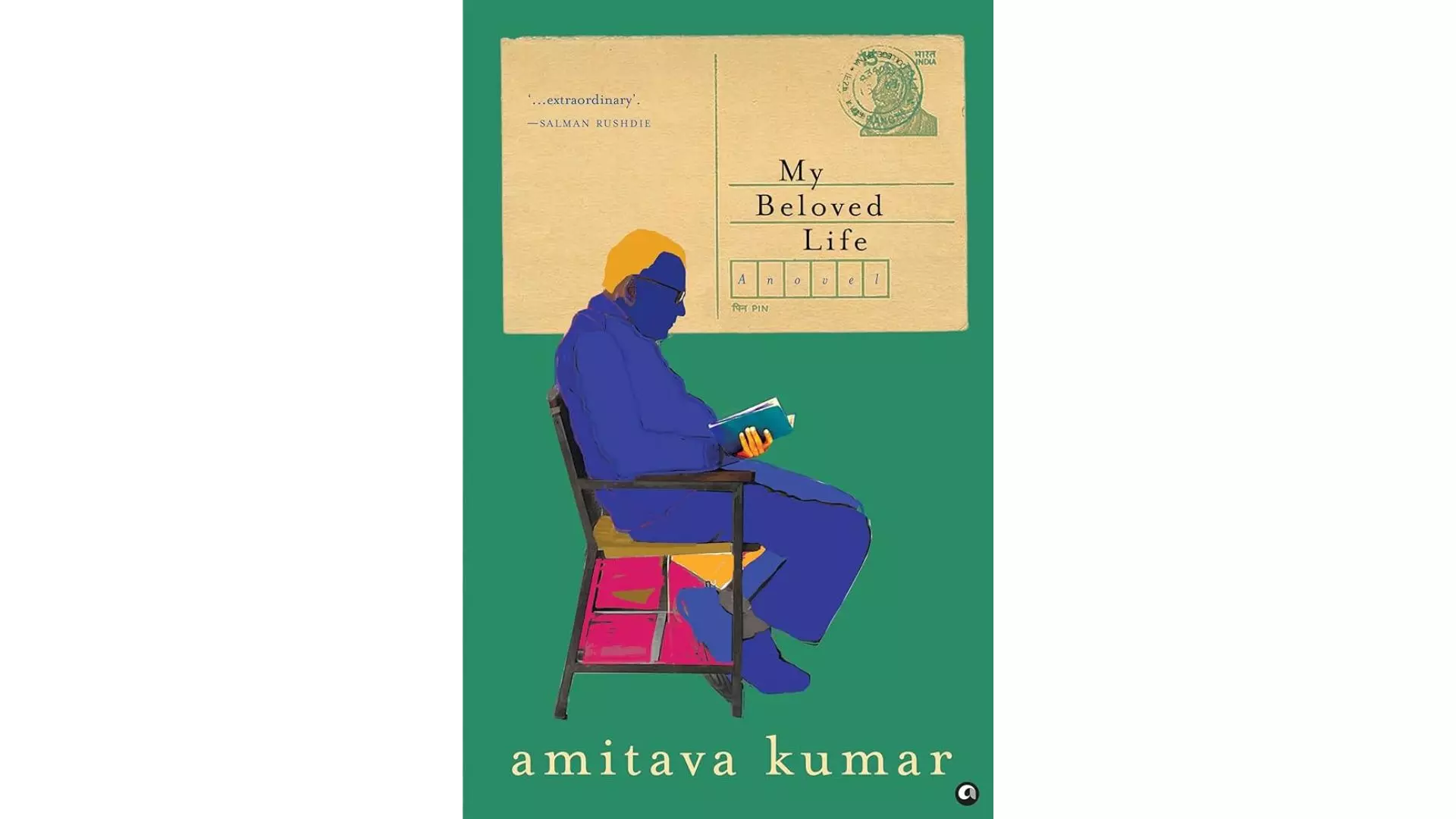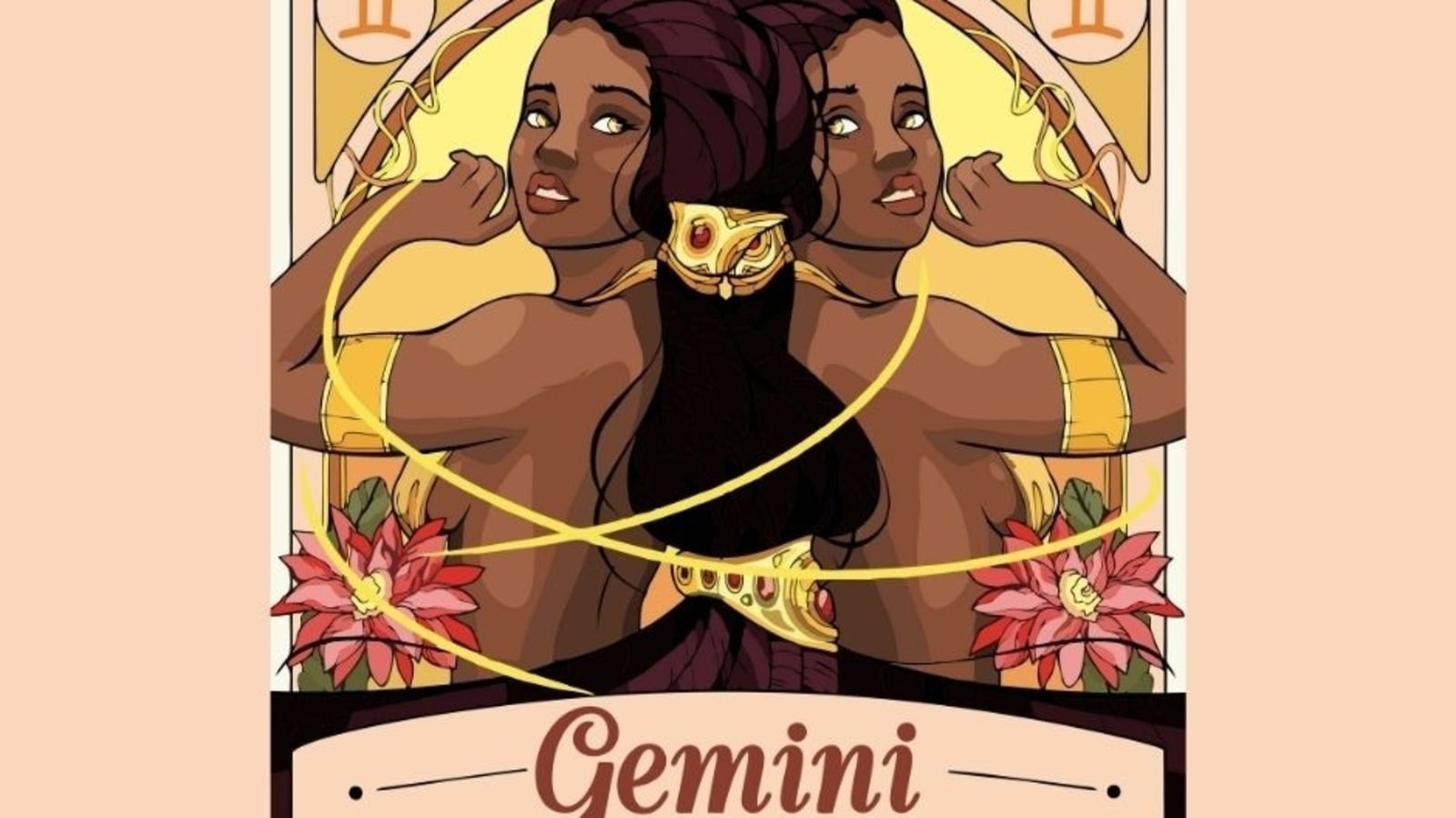Book review | The best life of the Bihari man born in the 1930s

Meet Jadunath Kanwar, also known as Jadu. He was born to a farming couple in 1935 in a small village in Bihar, far from anything modern. He moved to the city to study, got married, had a daughter and became a history teacher. He lived through all the tumult of the birth of two countries, many wars and all the ups and downs of the first seven decades of his own country’s existence as a republic. He fell victim to Covid-19 in 2020, like millions of others.
Amitava Kumar has written the story of a historian and Fulbright scholar who witnessed history in the making and his legacy in the form of a daughter. The daughter, Jugnu, has her own place in the book: she is a trained journalist and her story is different because she tells it herself. So the reader gets a very sharp picture of the contrast between what Jadu was to himself and what he was to his own daughter.
Jadu seems destined for success. His mother, who is pregnant with him, survives a cobra bite, gives birth to him and later has two more children, both girls, one of whom dies after a mysterious encounter with a “fox”.
The story seems intertwined with Jadu’s life, sometimes as Jadu’s encounters with celebrities: sometimes it seems contrived. Jadu meets Tenzing Norgay while in college. Jadu meets JP, the activist. Jadu knows Ramdeo Manjhi and Jagannath Mishra.
The war with China in 1962 leads to the death of his wife Maya’s brother. His burnt body is brought back in a box filled with ice and wrapped in a flag. The declaration of the state of emergency coincides with the time when Jugnu is hospitalized sick as a child.
Meanwhile, other events tell the tale of time. Jadu withdraws all his savings to give to Jugnu’s future father-in-law as a dowry. The arrogant bank clerk forces Jadu to wrap the money in a headscarf and take it on the bus and finds that it has been stolen. Jadu has the strength to continue with the wedding preparations and is thankful that his wallet is still there so he does not have to borrow the bus ticket home.
That Jadu is exceptional is evident in Jugnu’s story. She has settled in the US after her marriage ended. She lets a call from him go to voicemail and goes back to sleep. When she calls a few hours later, she learns that he has died. Not long after, she remembers Jadu’s comment on her mother’s death a few weeks after Jugnu arrived in the US: “She kept herself alive to make sure you could start a new life…”
Kumar writes simply and powerfully, and is very aware of the caste formulations that underlie life in his native Bihar. The ending is an enigmatic finale, in the voice of a certain Maati, officially Karuna. Maati is the result of what ended Jugnu’s marriage, the rape of her maid, a tribal girl, by Jugnu’s husband. Raised by her mother and an uncle in rooms next to a printing press, Maati’s story is also poignant and well told, but I wondered if she really belonged there.
My beloved life
By Amitava Kumar
Aleph
P. 348; 799 Rupees



